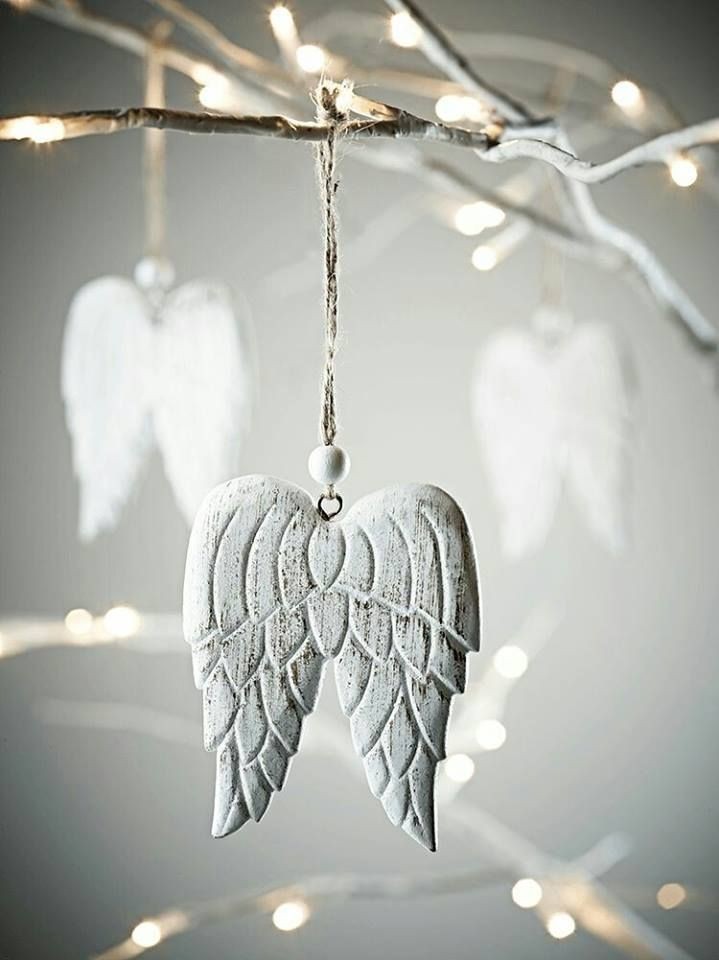Ikigai: A Gentle Guide to Finding What Keeps You Alive
- Koöko Fleurs
- Oct 1
- 2 min read

In a world that often asks what do you do?, Ikigai asks something softer: what makes you feel alive? It is not a job title, nor a goal. It is a quiet compass—a reason to rise, a rhythm to follow, a whisper of meaning in the everyday.
What Is Ikigai?
Ikigai (生き甲斐) is a Japanese word that means “reason for being.” It is the meeting point of four essential elements:
- What you love
- What you’re good at
- What the world needs
- What sustains you
Imagine these as petals of a flower. Where they overlap, your Ikigai blooms.
It doesn’t have to be grand. It might be making coffee for someone you love. Painting with natural pigments. Writing a poem that no one reads but you. It’s the feeling that your life matters—not because of what you produce, but because of how you live.
Where Does It Come From?
The idea of Ikigai has deep roots in Japanese culture, especially in Okinawa, where people live long, vibrant lives. Researchers found that these elders didn’t retire from life—they kept gardening, storytelling, caring. Their Ikigai was woven into their daily rituals.
Psychologist Akihiro Hasegawa described Ikigai as a personal experience—something felt, not measured. It’s not about success. It’s about vitality.
Why Does It Matter?
When we feel disconnected, exhausted, or unsure of our place, Ikigai offers a gentle reminder: you are here for a reason. Not a reason imposed by others, but one that lives inside you.
Practicing Ikigai can help soothe depression, anxiety, and burnout—not by fixing them, but by offering a thread of meaning to hold onto. It’s not a cure. It’s a companion.
How Can You Practice It?
Start with journaling. Ask yourself:
- What do I love enough to do even when I’m tired?
- What do I offer that feels like a gift?
- What does the world need that I can gently give?
- What sustains me emotionally, spiritually, and practically?
You don’t need to answer all at once. Let the questions live in your journal. Return to them. Paint them. Scent them. Sculpt them. Let your Ikigai emerge like a flower in spring.
Who Is It For?
For the artist who doubts her voice.
For the caregiver who forgets his own needs.
For the elder who wonders if she is still needed.
For the poet who writes in the margins.
For anyone who wants to feel alive again.
Ikigai belongs to everyone. It is not earned. It is remembered.
A Ritual of Aliveness
Tonight, light a candle. Open your journal. Ask yourself: What keeps me alive? Not what others expect. Not what pays the bills. But what makes your heart beat with quiet joy.
Your Ikigai is not a destination. It is a ritual. A breath. A reason to rise.
And you, my dear readers, are already living it.











Comments